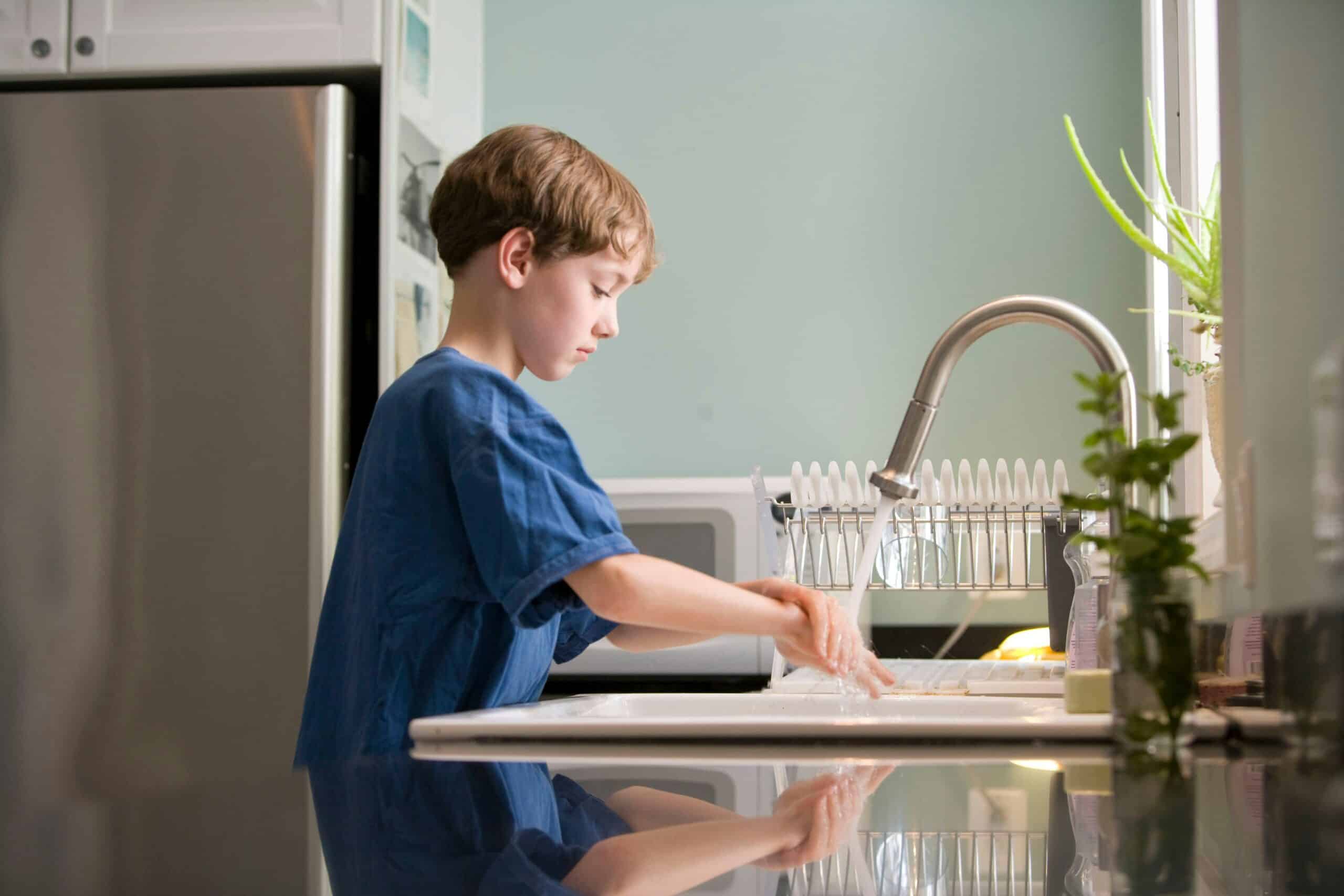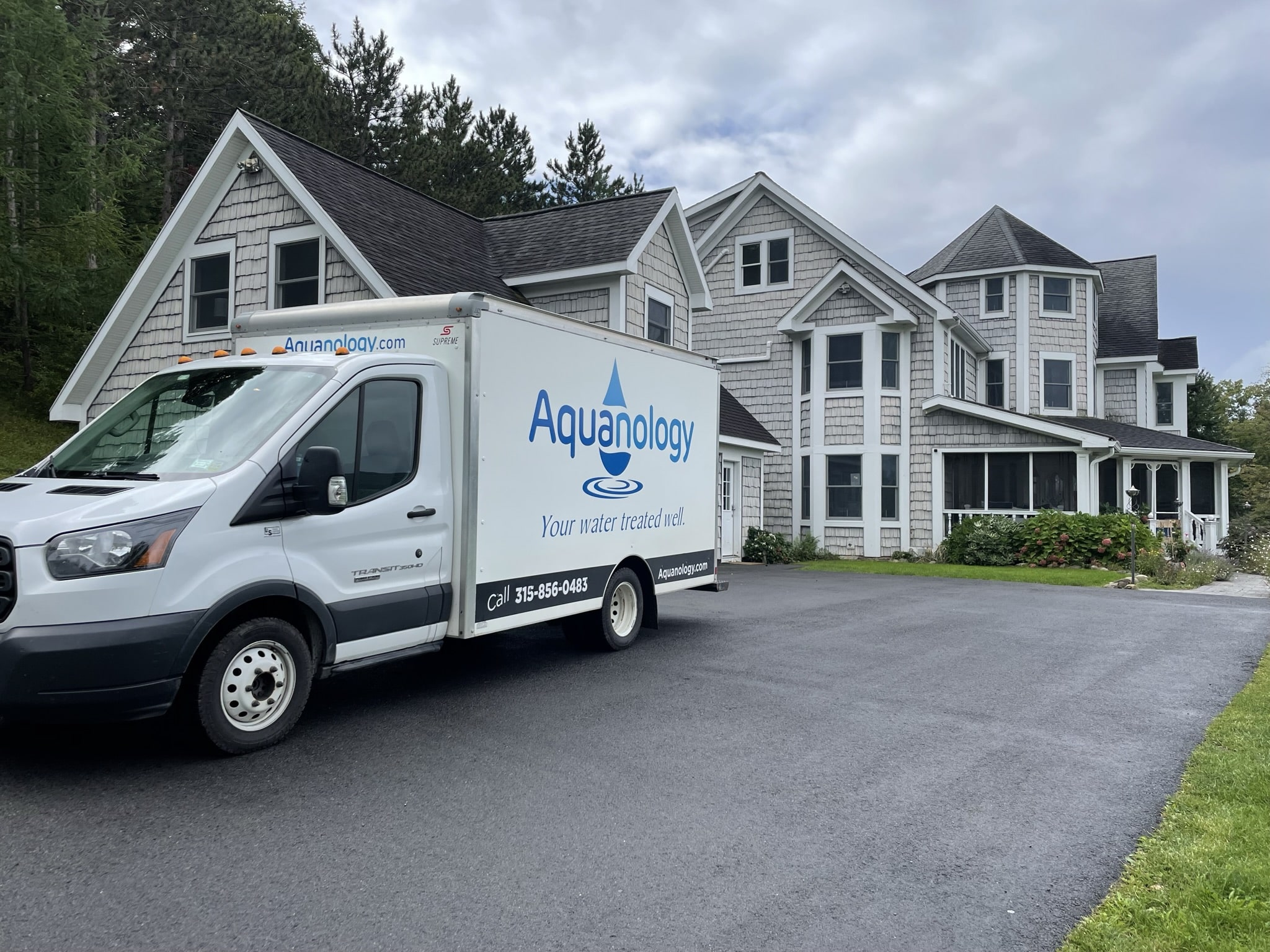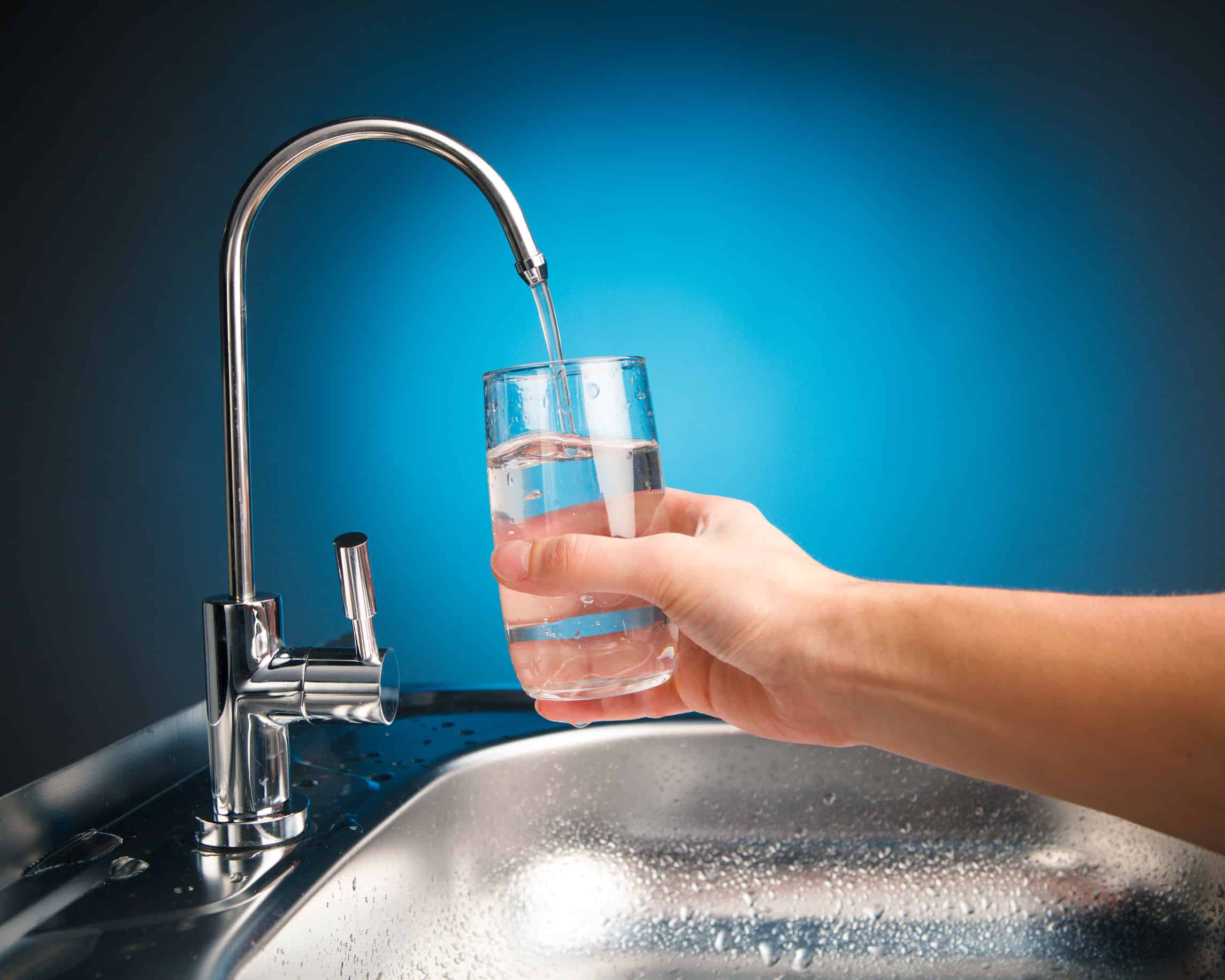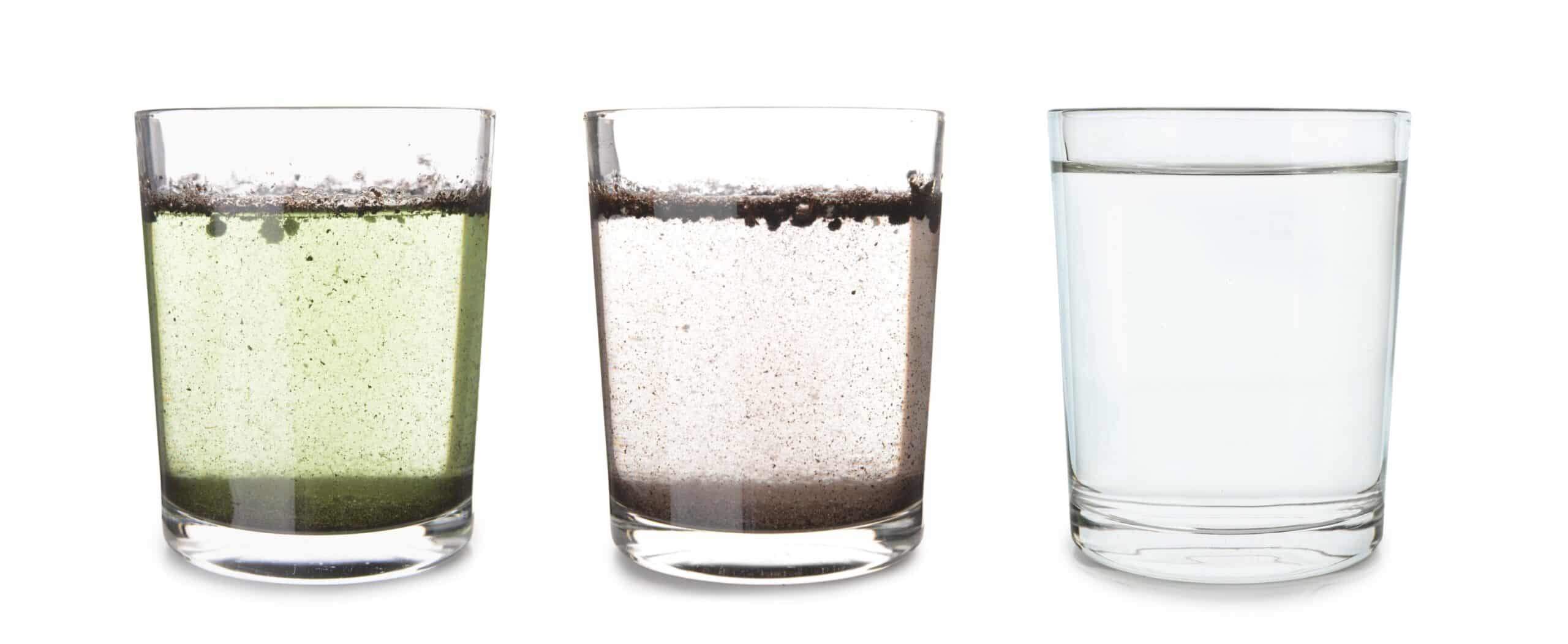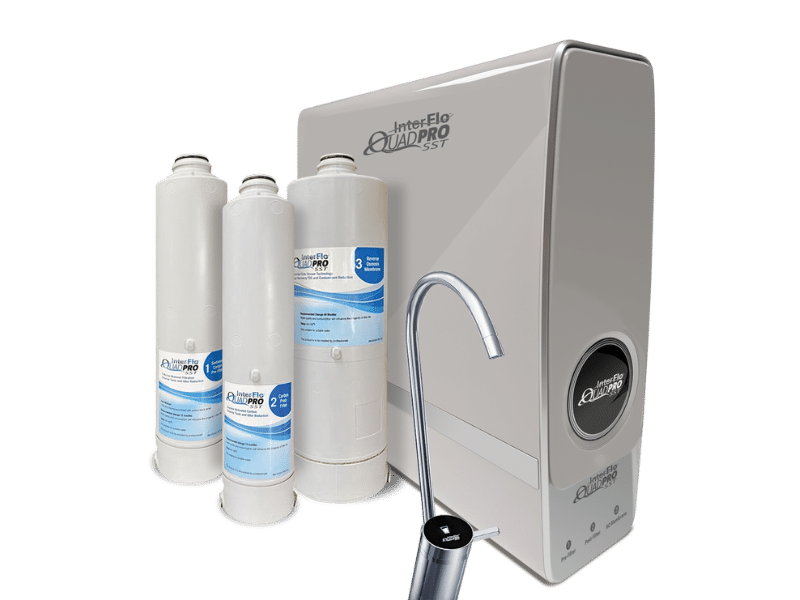A water softener is an essential system for homes with hard water, preventing mineral deposits in pipes, appliances, and water fixtures. But like any appliance, it won’t last forever. If your softening system isn’t performing as well as it used to, it might be time to replace your water softener.
In this article, we’ll explore how often you should replace a water softener, key signs that indicate it’s time for a replacement, and what factors to consider when upgrading.
How Long Does a Water Softener Last?
The average lifespan of a water softening system is 10 to 15 years, depending on model, usage, water softener maintenance, and home’s water hardness levels.
Some high-quality water systems can last longer—up to 20 to 30 years—with proper care, while entry-level softening units may wear out in less than 10 years, especially in areas with very hard water.
Key Factors That Impact Lifespan
-
- Water quality – Harder water causes more strain on the system.
-
- Maintenance habits – Regular cleaning and salt refilling can extend useful lifespan.
-
- System type – The quality of the system and proper sizing/design play a big role in how long a softener lasts.
For more complete info on how often you need to replace a water softener, please refer to our other blog.
How to Know If Your Water Softener Needs Replacing
If your water softening system is nearing or past the 10 to 15-year mark, it’s important to watch for signs of decline, including:
Changes in Water Quality
If you notice signs of hard water—such as dry skin, mineral deposits on fixtures, or spotty dishes—it could mean your softener is no longer functioning properly. You may also notice that your water no longer feels like soft water, which is another indication that your system is failing.
Decreased Water Pressure
A clogged resin bed or buildup in pipes can restrict water pressure, leading to reduced flow.
Frequent Regeneration
If your system regenerates too often, such as putting water down the drain endlessly, it could be a sign of a mechanical or seal failure.
Missing Regeneration
If the softener no longer regenerates at uniform times or doesn’t consume salt, it may indicate control valve failure or debris buildup inside the control valve.
Ineffective Soap & Detergent Performance
When soap doesn’t lather properly or laundry appears dull, it could indicate your softener is no longer removing hardness minerals effectively. A lack of softened water can also make washing and cleaning less effective.
Changes in Water Taste or Smell
If your drinking water develops a metallic or salty taste, your system may no longer be working correctly, requiring a checkup.
What to Consider When Replacing Your Water Softener
Choosing the Right System
-
- Salt-based vs. salt-free softeners – Traditional systems use ion exchange, while salt-free options prevent scaling but don’t remove hardness minerals.
-
- Water filtration – Some homes benefit from combining a water filtration system with their water softening system for better drinking water quality.
-
- Size and capacity – Make sure to size the softener correctly for optimal lifespan and performance.
-
- Smart features – Modern softeners offer benefits like WiFi monitoring and automatic regeneration adjustments.
Installation Process
-
- Installing a water softener professionally ensures proper setup.
-
- A DIY approach can work but requires plumbing expertise.
How to Extend the Life of Your Water Softener
-
- Use high-quality salt to prevent buildup in the brine tank.
-
- Clean the resin bed and salt tank annually.
-
- Use a pre-filter before the softener to prevent dirt and debris issues.
-
- Test water quality regularly to ensure proper settings.
-
- Schedule water softener maintenance to catch minor issues before they lead to failure.
FAQ
How often do you need to replace a water softener?
Most softening units last about 15 years, but if your system isn’t working properly or your water tastes off, it may be time to upgrade sooner.
How to know if a water softener needs replacing?
Common signs include hard water issues, decreased water pressure, frequent or missing regeneration cycles, ineffective soap performance, and changes in water taste or smell. A noticeable difference in softened water quality can also be a strong indicator.
How long does it take to replace a water softener?
A professional can replace a water softener in 2–4 hours. A DIY installation is possible but requires plumbing knowledge.
How much does it cost to replace a water softener?
The cost varies depending on unit type and installation requirements. Additional costs may include professional installation fees and disposal of the old unit.
Can you repair a water softener instead of replacing it?
-
- When to Repair: Minor issues like salt bridges, brining failures, or clogged resin beds can often be fixed with cleaning and adjustments. If the system is 10 to 15 years old or less and there isn’t a major failure, water softener repairs may be more cost-effective than replacement.
-
- When to Replace: If the system is over 15 years old and experiencing frequent failures, replacement is often the better choice. If you have an entry-level softener that is only 7 to 10 years old but not suited for your water quality, a replacement may be necessary.
How to avoid pushy sales tactics when replacing a water softener?
Some companies push for a new water softening system when a repair could extend the system’s lifespan. Always get multiple opinions before making a decision.
Conclusion
If your softening system is showing signs of inefficiency or constantly needing repairs, it’s time to consider a replacement. A modern system will improve water quality, enhance efficiency, and save you from the hassles of hard water.
Always do your homework before making a decision. Check for easy-to-fix solutions, and ask multiple trusted water systems providers whether repairing your existing system is worth it or if a new, more efficient system is the best option.
Contact us today to learn more about our water softener maintenance services, high-efficiency softeners, or how we can help you achieve the highest water quality for your home’s water. Our friendly and knowledgeable team is here to assist you with expert advice, ensuring your softening system is working correctly for years to come.

